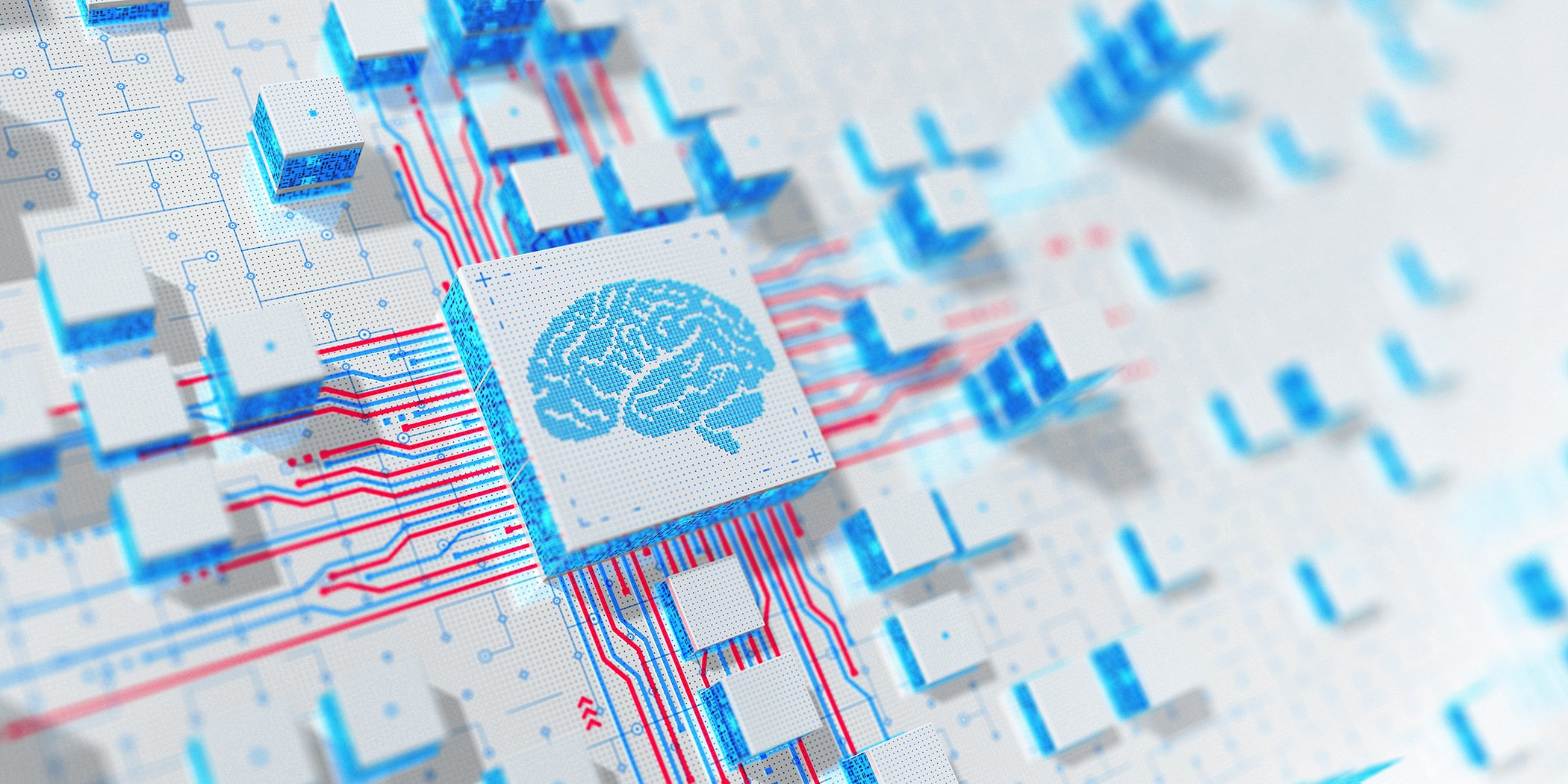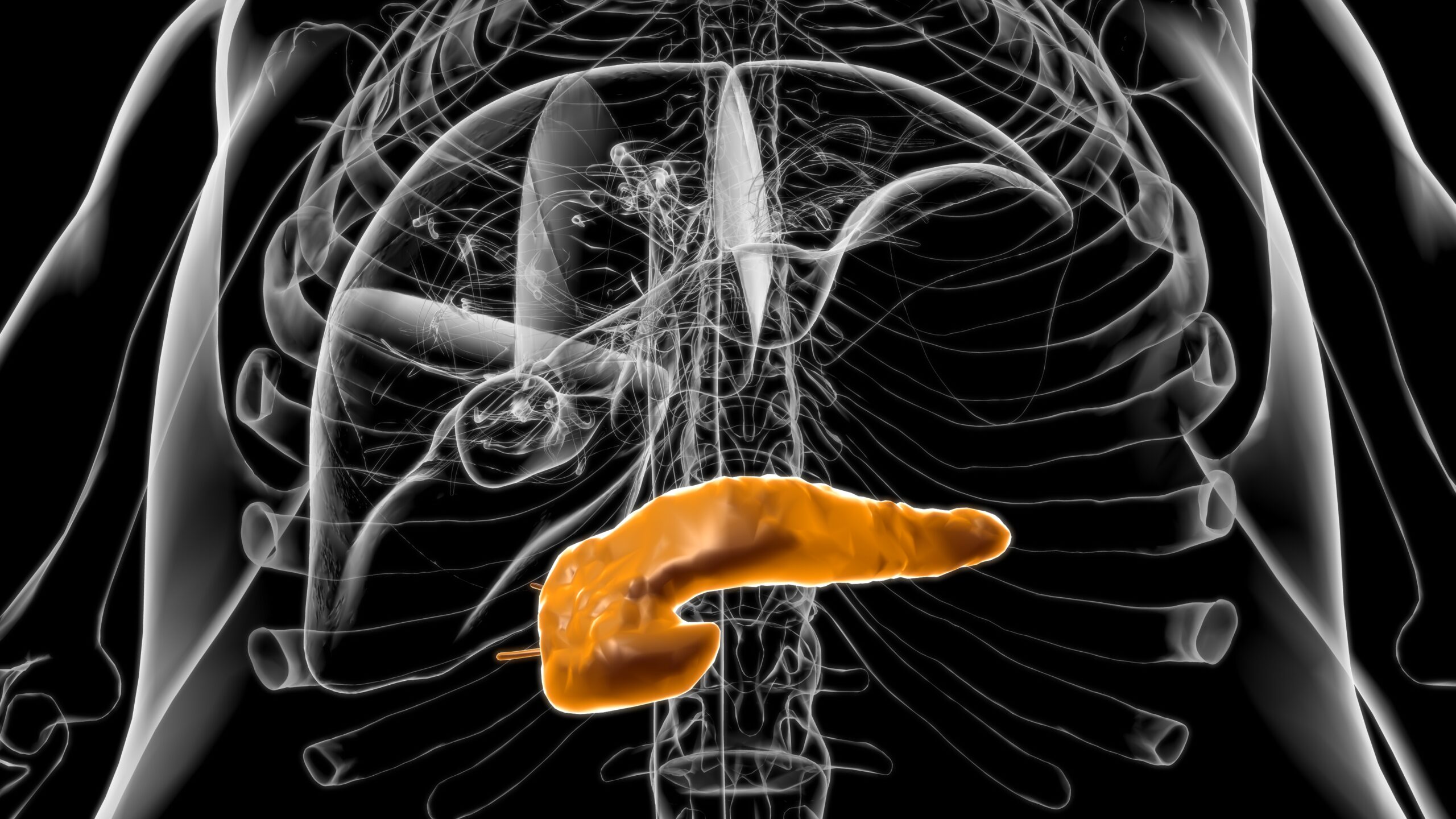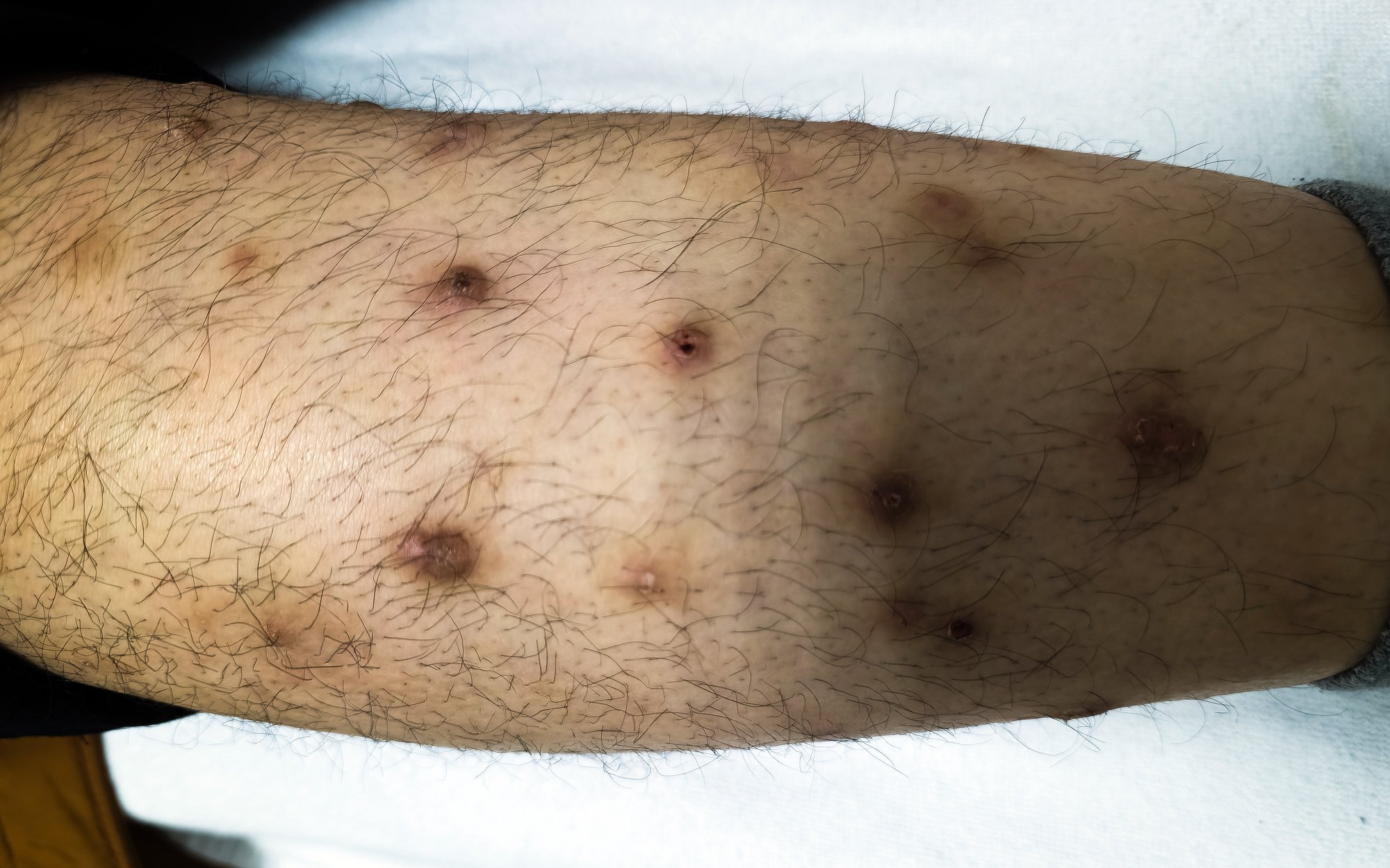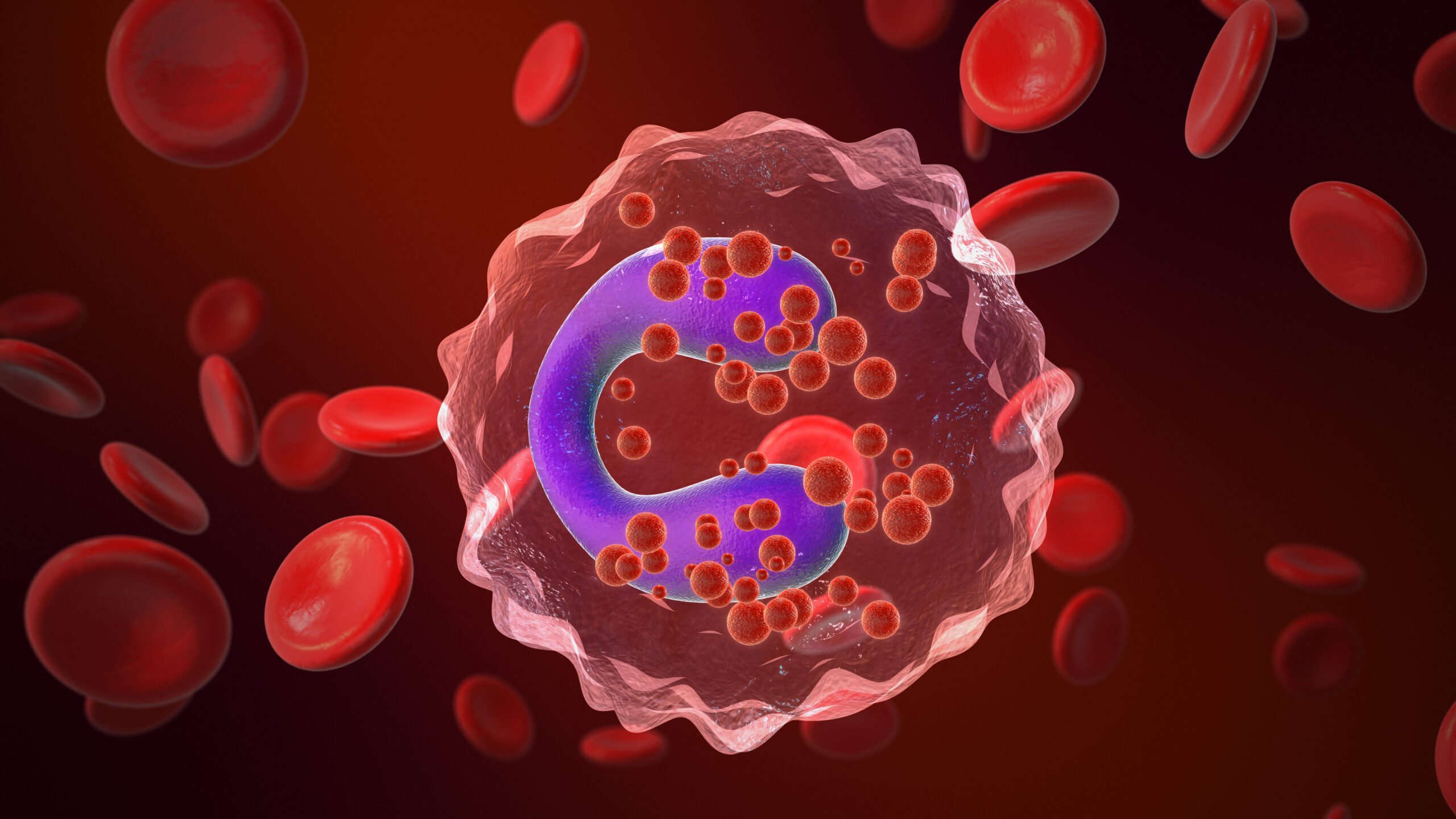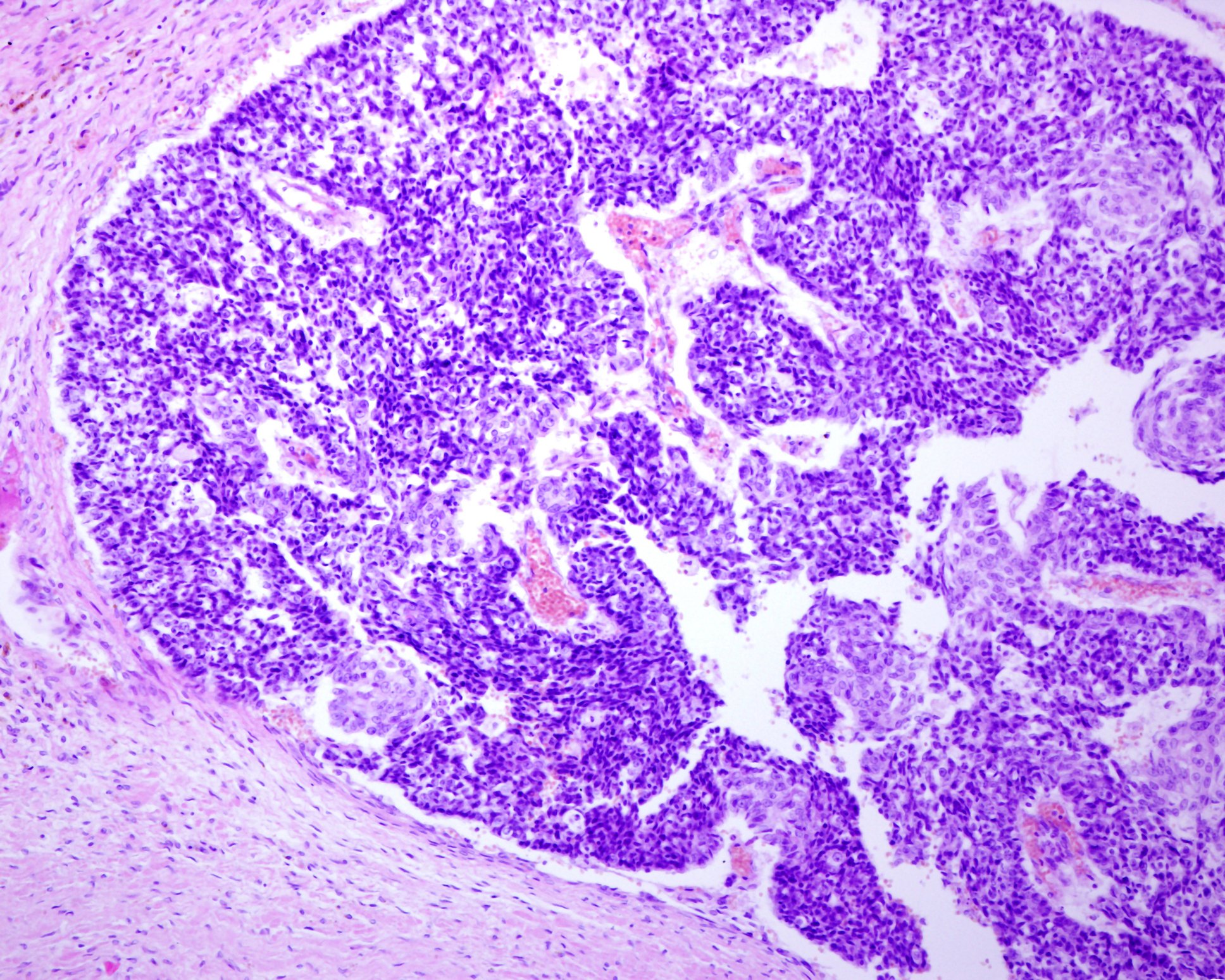A 28-year-old patient presents with persistent reflux symptoms that first appear after discontinuation of PPI therapy.
Background: A 28-year-old patient experienced gastric burning and occasional thoracic pain for the first time after discontinuation of prophylactic therapy with proton pump inhibitors (PPI). Six months ago, the patient suffered a skiing accident with a compound fracture of the left elbow. Surgery was required to stabilize the fracture. To reduce pain and swelling, the patient was prescribed 400 mg of ibuprofen three times daily. In addition, he received prophylactic PPI therapy with 40 mg pantoprazole daily as “gastric protection.” There were no complications and the patient had no abdominal discomfort. A few weeks after the injury, the patient stopped all medications. Shortly thereafter, he experienced intermittent stomach burning and thoracic pain. The reflux symptoms improved after renewed regular intake of pantoprazole. Repeated attempts to discontinue PPI medication were unsuccessful.
History and diagnosis: The patient had no history of digestive or other diseases and was not overweight. He was a nonsmoker, drank little alcohol, and took no other medications. Laboratory tests were unremarkable. Endoscopy was performed to clarify persistent symptoms. There was no evidence of reflux esophagitis, hiatal hernia, or peptic ulceration. Helicobacter pylori infection could also be excluded.
Therapy: Instead of discontinuing the drug immediately, the patient was advised to slowly taper the dose of the acid-inhibiting drug. First, the dose was reduced from 20 mg to 10 mg pantoprazole daily and then to once daily every 2-3 days for one month. In addition, the patient was prescribed 5 ml of the liquid alginate antacid preparation Gaviscon® after meals and later only when symptoms occurred. Under this treatment, he was completely symptom-free within a month. Pantoprazole could be discontinued without problems after only two weeks of alginate therapy. One month later, the patient rarely needed to take alginate on an as-needed basis.
 Comment by Prof. Dr. med. Mark Fox: The case impressively demonstrates the so-called acid rebound effect after discontinuation of PPI therapy. For example, clinical studies show that at least one in four healthy volunteers who have been administered acid-inhibiting drugs suffer from stomach burn or other reflux symptoms after therapy has ended. This effect is due to a greatly increased level of gastrin in the blood as a result of PPI therapy. This hormone stimulates acid secretion, which may cause the symptoms due to hyperacidity after discontinuation of the drug. This acid rebound can last for several weeks. Prescribing Gaviscon® may facilitate dose reduction and ultimately discontinuation of PPI therapy.
Comment by Prof. Dr. med. Mark Fox: The case impressively demonstrates the so-called acid rebound effect after discontinuation of PPI therapy. For example, clinical studies show that at least one in four healthy volunteers who have been administered acid-inhibiting drugs suffer from stomach burn or other reflux symptoms after therapy has ended. This effect is due to a greatly increased level of gastrin in the blood as a result of PPI therapy. This hormone stimulates acid secretion, which may cause the symptoms due to hyperacidity after discontinuation of the drug. This acid rebound can last for several weeks. Prescribing Gaviscon® may facilitate dose reduction and ultimately discontinuation of PPI therapy.
In addition, it should be mentioned that routine prescribing of anti-acid medications is not recommended in patients who require short-term treatment with ibuprofen or other non-steroidal anti-inflammatory and analgesic medications. This practice is one of the reasons for the widespread overprescribing of PPI medications in the professional community.
More articles on the topic





